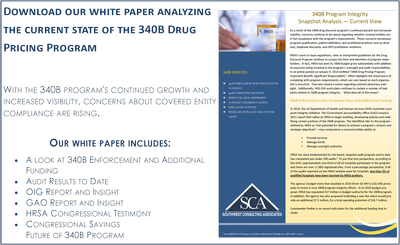
Eli Lilly, Parke-Davis, Squibb, and Bayer, just to name a few, are all names I’ve heard since I was small. There were two pharmacies in the town where I grew up; my grandfather owned one and my father worked at the other. Where some kids have stories about playing on playgrounds after school, I have stories of putting away inventory. I learned my alphabet by re-shelving drugs at the end of the day. These names to me are like distant relatives. They’ve been selling chemical compounds to drugstores for almost 150 years now. After everyone realized that they couldn’t just use Laudanum for everything, probably the first “drug” that was ever to be patented, produced and sold, was Bayer’s Aspirin. Eli Lilly was among the first companies to make gelatin capsules and to mass-produce penicillin. Parke-Davis, now owned by Pfizer, was first known for the drug Cascara, an herbal laxative, which is still used today. Squibb, now Bristol-Meyers Squibb, got its start by originating the process to make pure Ether and manufacturing Chloroform. These companies have been around since the mid-19th century and are giants in the drug industry.
Having gone through decades of government legislation, the regulation that these giants probably fought first was in 1906. President Theodore Roosevelt signed into action the Pure Food and Drug Act, which was the first in the series of laws that protected the consumer against mislabeled food and drugs and harmful ingredients by requiring that active ingredients be placed on the label. Disclosing ingredients and giving away proprietary information was not an idea manufacturers wanted to entertain. Prior to that in 1903, the government tried to get rid of Coca-Cola. The result was to eliminate their use of cocaine in the soda, which was highly addictive and instead, substitute caffeine. The only problem was that Coca-Cola was using as much caffeine as they deemed fit. So back to court they went in 1909 where a ceiling on caffeine was enforced. Other manufacturers slowly complied with the new law and some even used the labels as a ruse to get away with increasing alcohol content during prohibition and evading the taxed substance by calling it something else, at least while no one was paying much attention.
Today, the legislation fight currently involves orphan drugs. An orphan drug is a drug that is used or developed to treat a rare (orphan) disease. Some orphan drugs are developed specifically for orphan diseases and some drugs may already be on the market but through testing and research, have found that they have secondary orphan indications such as Crestor. Crestor, made by AstraZeneca, is a statin medicine that was developed for lowering cholesterol; however, it has an orphan designation as well. Crestor is considered an orphan when it is used for the treatment of pediatric homozygous familial hypercholesterolemia (ICD-9 dx: 272.0). Most people use Crestor, though, for its “non-orphan indication”. HRSA believes and has offered guidance that manufacturers should offer 340B pricing on orphan drugs, so that when they are used for their non-orphan indication, they can qualify as 340B.
Eli Lilly, Bayer, and some of the manufacturer’s mentioned above make quite a few drugs that are considered orphan drugs, and they don’t believe that the 340B statute requires them to offer pricing on these drugs, because they are made for such rare diseases, even when used for their non-orphan indication. HRSA states that the rule is an interpretive rule and the federal government has already ruled that they do not have the authority to make regulations in this area of the law, so the guidance provided is not enforceable. However, it is there to provide clarity and interpretation. The manufacturers have recently asked for another hearing and we are anxiously awaiting one.
In the meantime, you can find a list of the manufacturers that are not providing pricing on orphan drugs on HRSA’s website. Per the website, “As 340B discounts are not being provided on these drugs, there is no risk of 340B duplicate discounts. Therefore, States may utilize this information to obtain Medicaid rebates for such drugs.” Hopefully, sometime soon, we will have a verdict on this situation and the amount of lists, exceptions, and filters we have to incorporate into our software will slowly diminish.
READ MORE ON THE 340B DRUG DISCOUNT PROGRAM...

